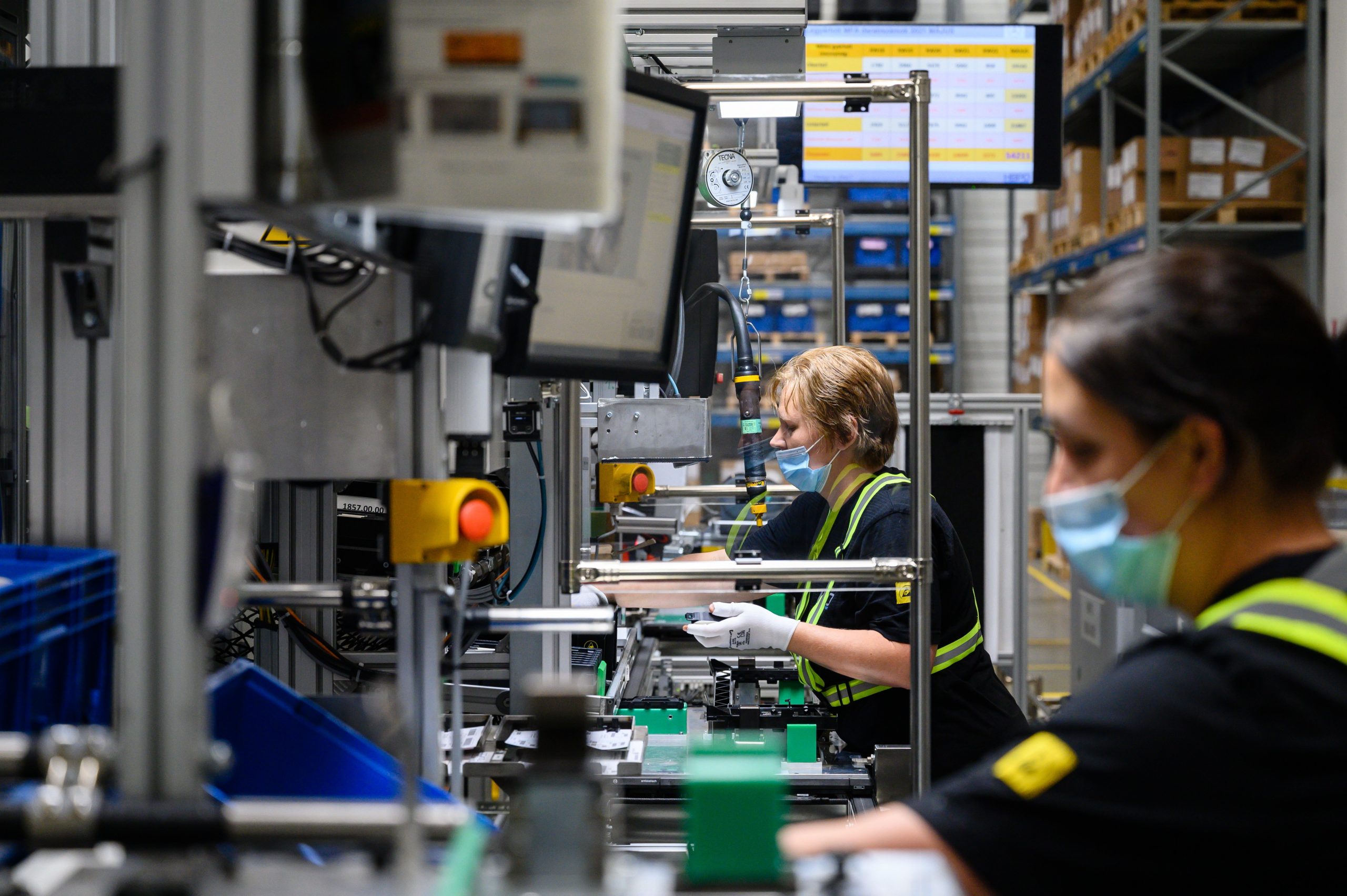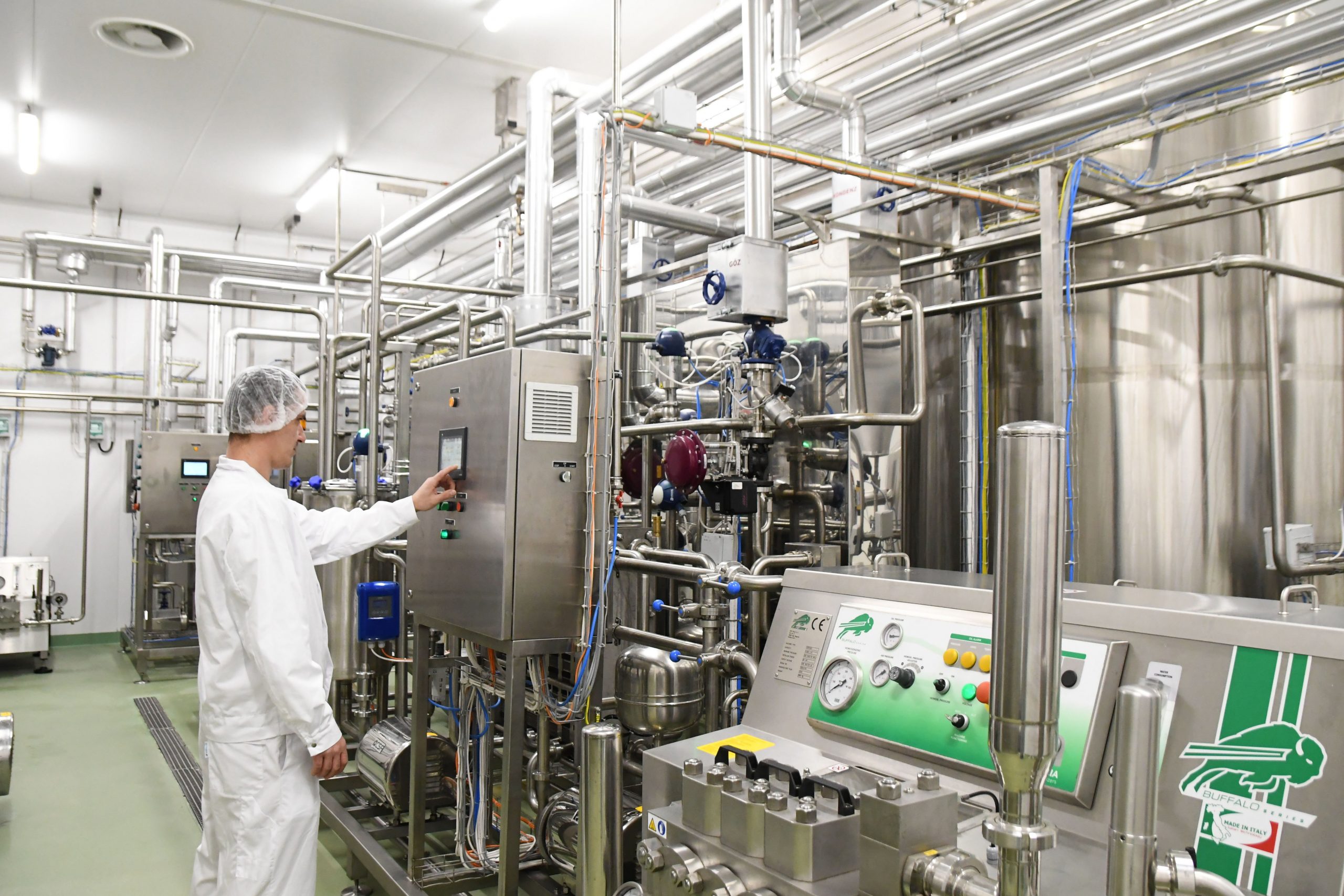
Meanwhile, the gross median wage increased by 15 percent to 1029 euro.Continue reading

Around 59% of Hungarian employees have received a pay increase this year, with an average increase of 12.7%, a new survey by ManpowerGroup found. The biggest pay raises were given to those working in the food and agriculture sectors. However, despite the wide ranging wage hikes, almost half of employees are dissatisfied in their current place of employment.
According to the latest survey by ManpowerGroup, the current labor market shows significant changes, with the focus on the labor market shifting from employers to employees. The changing environment has been further exacerbated by digitalization.
Meanwhile, due to rising inflation, regular wage increases are becoming more and more important to Hungarian workers. The survey found that almost half of the employees in the country are dissatisfied with their current employer.
The highest proportion of workers who have received a pay raise, taking home an average of 10.9% more per month, are those in the automotive sector (69.41%).
The biggest average pay increase was in the food and agriculture sector, by 15.7%. Construction workers fared the worst, with just under a third (32.79%) receiving a wage increase and reporting the smallest hike of 9.45%. Sixty-two per cent of those in subordinate status and 61% of middle and senior managers reported a pay increase, according to the ManpowerGroup survey.
According to Tamás Fehér, Managing Director of ManpowerGroup Hungary, the survey results paint a more nuanced picture in terms of satisfaction. Job satisfaction is higher among those who received a raise than among those who did not.
“The results show that higher than expected pay raises are not clearly associated with higher satisfaction. This also shows that workers’ needs have changed, and that factors such as flexibility, training, and well-being have become more important than competitive pay,” Tamás Fehér explained to Üzletem.hu.
via Index
Featured photo illustration by János Mészáros/MTI